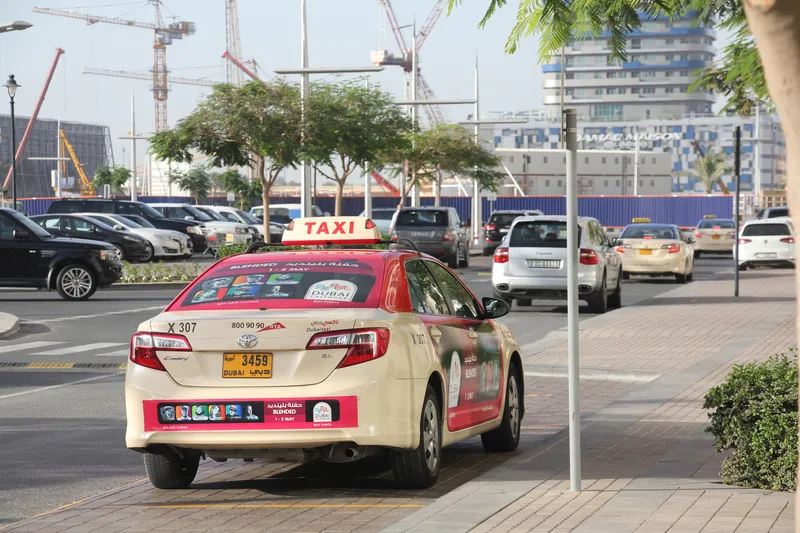Webinar on 2 November at 15.00 CET will look at new Beam Weather Station BWS500
By Adam Hill
October 23, 2023
Read time: 1 min

Vaisala is tackling the subject of traffic management in adverse weather conditions in a new webinar.
Register here for the event, which takes place on 2 November at 15.00 CET.
It will examine the latest research on how weather impacts traffic and will cover how meteorological and environmental insights can be used in traffic strategies, variable message signs, variable speed limits, warnings and air quality monitoring.
The company will also introduce its new Beam Weather Station BWS500, which Vaisala says is a "flexible, compact, scalable way to manage traffic in any weather".
Registrants will also be able to access a recording of the webinar.










